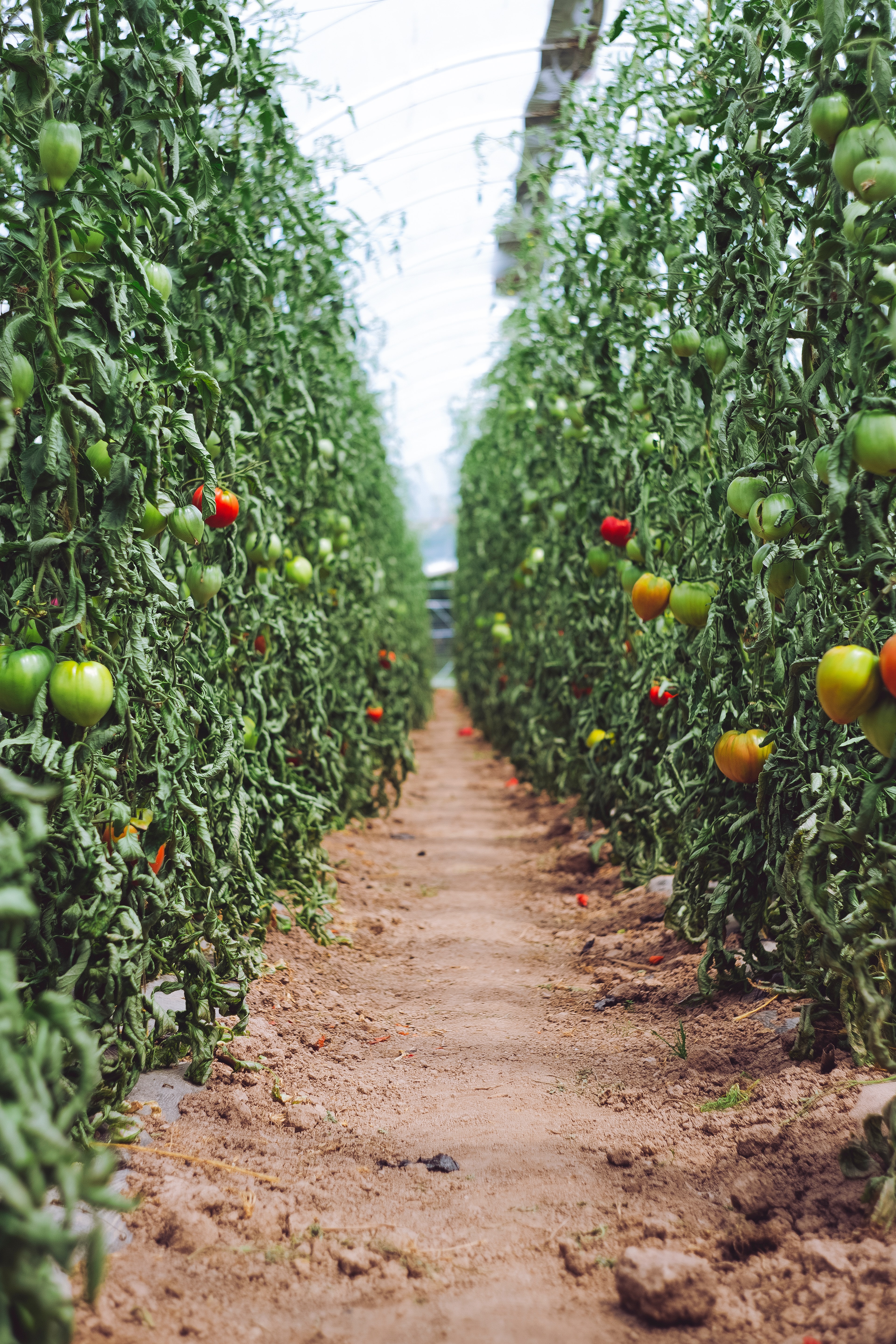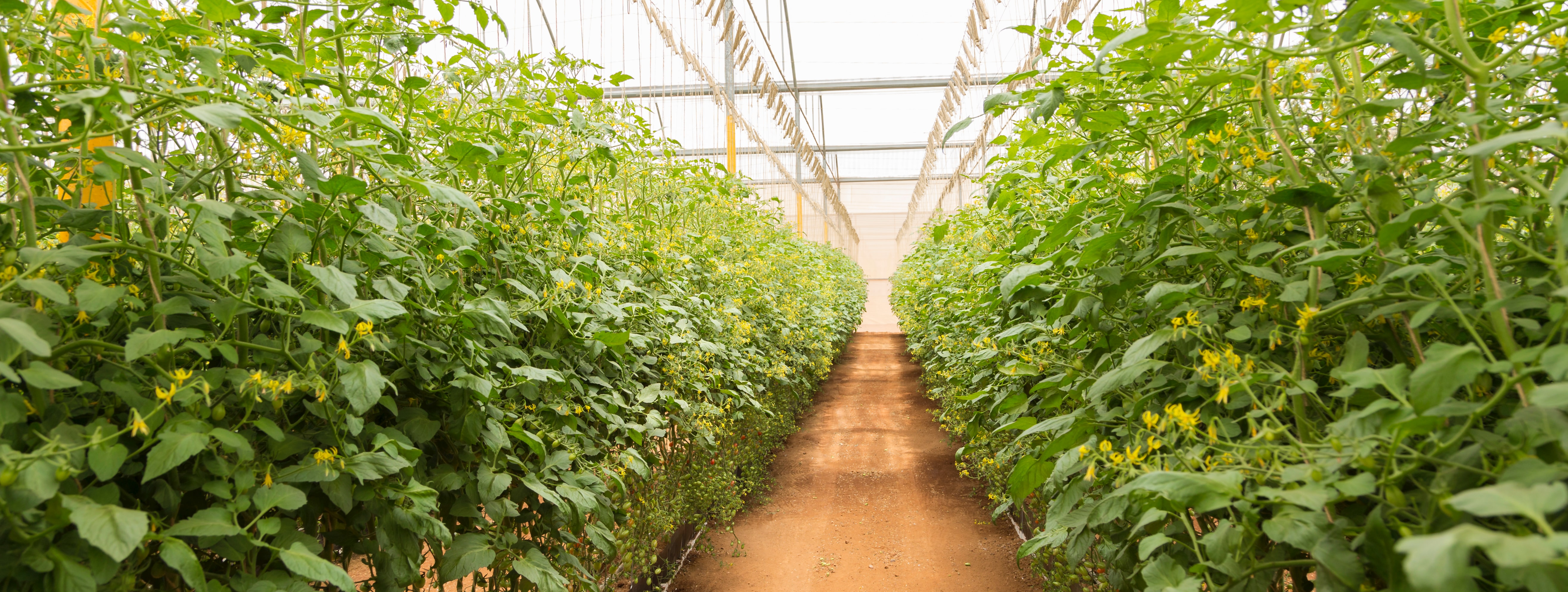Technological innovations can help us avoid the upcoming food crisis
Technological innovations can help us avoid the upcoming food crisis
We live in interesting times. The world population is growing rapidly, expected to reach almost 10 billion in 2050; urbanization processes are accelerating, and so are climate changes. Add to this an ongoing military conflict in Europe which is not going to an end soon, and which is expected to continue disrupting resources, energy and food supply chains worldwide for an undefined, long period even after its end.
What we get as a result is a very serious challenge in the food supply, which, if not handled properly, could lead to hunger in some regions and negative social outcomes for everyone. Everyone needs food to survive, right? So how can we stand against all these threats, and even benefit as a society?
The answer is already here: Digitalization in the agriculture industry.
To overcome these problems, we need to embrace more sustainable, technological solutions. Digitalization in farms will not replace humans as the leading power; instead, it has the power to compensate for many of the problems which the agricultural industry is already facing. Nowadays, it can:
- 1. Reduce the use of resources which are getting scarcer and more expensive, like water and fertilizers. Currently, agriculture accounts for around 70% of all freshwater used globally. Irrigated arable land represents 20% of the total arable land and contributes to 40% of the total food produced worldwide. Most traditional irrigation systems use pre-programmed schedules which do not take into account weather and other conditions. Modern IoT-based Smart Farming technologies can monitor, analyze and control precisely water usage based on sensor measurements, and can lead to huge savings in water usage (and its cost). Some are even able to integrate into and start controlling existing farming systems.

- 2. Reduce or avoid losses due to human errors. In many regions, especially urbanized ones, there is a lack of manpower in rural areas. Farming is seen as unprestigious and there are not enough workers available and trained in farming practices. This leads to losing agricultural production unintentionally due to poor agricultural practices. Using smart sensors, controllers and even Artificial Intelligence, modern systems can automate many processes, making them autonomous and self-sustainable, or give remote control over farming infrastructure to well-trained agronomists.
- 3. Help fight sudden weather changes. By combining real-time measuring and controlling almost all aspects of a farm, modern systems can compensate for under optimal conditions related to sudden changes in temperature, humidity, frosting, chemical indicators, etc., and prevent huge losses. And, after all, digitalization can give farmers the peace of mind they need when they are away from their properties, and guarantee that farming infrastructure will keep working under optimal conditions.
Farmers and governments alike should start investing in farm digitalization as an investment in their future Sustainability is not only a word: it embraces everything from producing more with less to using what we have in the best and greener way – it is our hope for a better future. A well-planned and consistent investment in agri-tech innovations would be beneficial not only to single farmers but also nationwide.
Governments have the needed instruments to invest in agri-tech, even in Europe’s poorest countries: this is just a matter of priority. What they need to realize is that this investment means not only supplying enough food at a reasonable price for their citizens in the upcoming turbulent months and years but also a real competitive advantage for the future, when fresh food will become an even more valuable resource.


